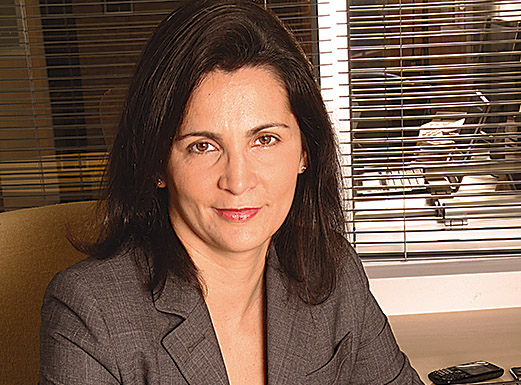Article - Democratizing scientific knowledge
Article - Democratizing scientific knowledge
By Adriana Brondani*
Published in January 2015, a public opinion poll conducted by the Department of Agricultural Economics at Oklahoma State University, USA, found that 82% of respondents were in favor of labeling foods obtained through genetic engineering. In the United States, it is not mandatory to provide this information on the label, and this question raises heated debates. In Brazil, a decree of 2003 provides that all foods or ingredients with the presence of genetically modified organisms (GMOs) – above 1% in the final composition of the product – must be labeled.
New technologies can generate distrust, especially those who break paradigms, as is the case of biotechnology. In the case of GMOs, as they are innovations which result in food, the mistrust can be even higher. However, does this concern actually correspond to a real danger? The same study may help us consider this question. According to it, 80% of people also agree that all food containing DNA must be labeled. Well, virtually everything we eat, be it vegetables, legume, fruits or meats, fresh or processed, contains DNA. Moreover, the presence of the "molecule of life" in foods has no relation with transgenics. Long before the creation of genetically modified (GM) foods, human beings always ingested plants and our DNA never mixed with that of vegetables because of it, for example.
The percentage of the public who agrees with the labeling of GMOs is practically equal to the one that supports that the same procedure should be performed with foods that contain DNA. This is an indication that a large part of the population does not know what GMOs are. Moreover, it suggests that the public is not fully aware that all living things contain DNA, and there is nothing to be feared. Although the existence of this molecule was discovered only in the last century, it is not a human creation. This finding poses a challenge: the need to communicate scientific themes clearly and with accessible language, aiming to contribute so that society can be more informed to make decisions.
Another paper published in January 2015 by the Science magazine, with data collected by the Pew Research Center, reveals that there is much work to be done. The research showed the difference between the opinion of the academic community and the general public about some themes.
Specifically about GMO foods, 88% of scientists believe that they are safe; while among the general public that index is only 37%. Assuming that the access and the understanding of knowledge are some of the reasons for this discrepancy, who is responsible for democratizing such information? The answer surely involves several stakeholders, but it is necessary to highlight the key role that the press and opinion makers have.
Current research warns of existing obstacles in the communication of complex issues. However, studies have also demonstrated that, through exchanges mediated by opinion facilitators and makers, it is possible and urgent to democratize information on technological advancement.
*Adriana Brondani, PHD in Biological Sciences from the Federal University of Rio Grande do Sul(UFRGS),
is executive director and spokesperson for the Council of Information on Biotechnology (CIB).
Areas of expertise:
Biochemistry, Molecular Biology , Scientific Communication.
Council of Information on Biotechnology (CIB)
Further information on the topic
Citizen Attention Service (SAC)
www.embrapa.br/contact-us/sac/

